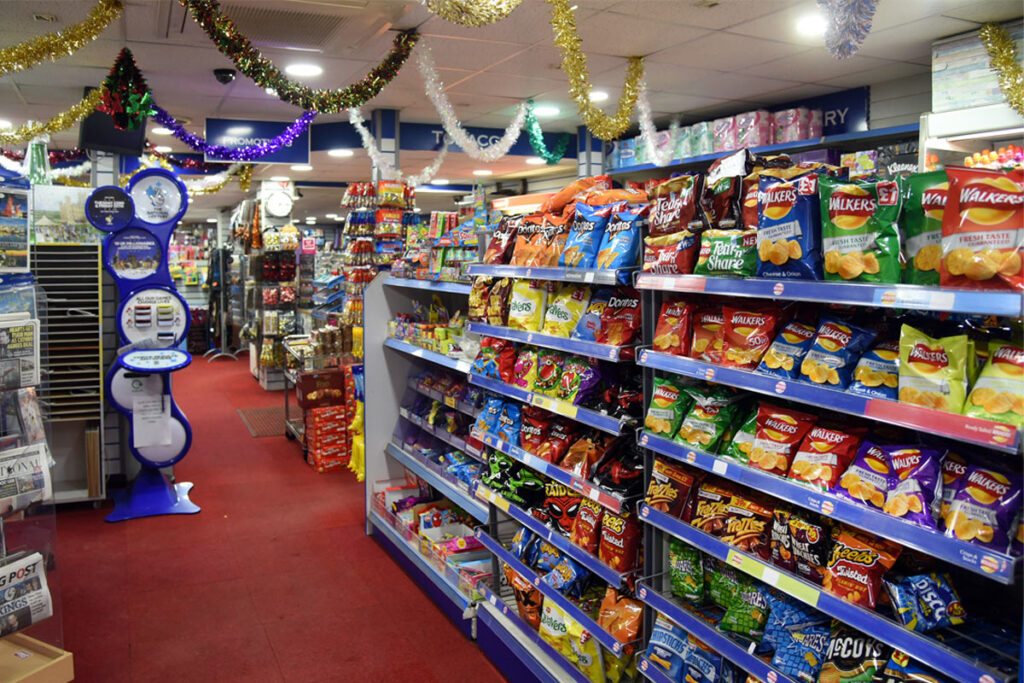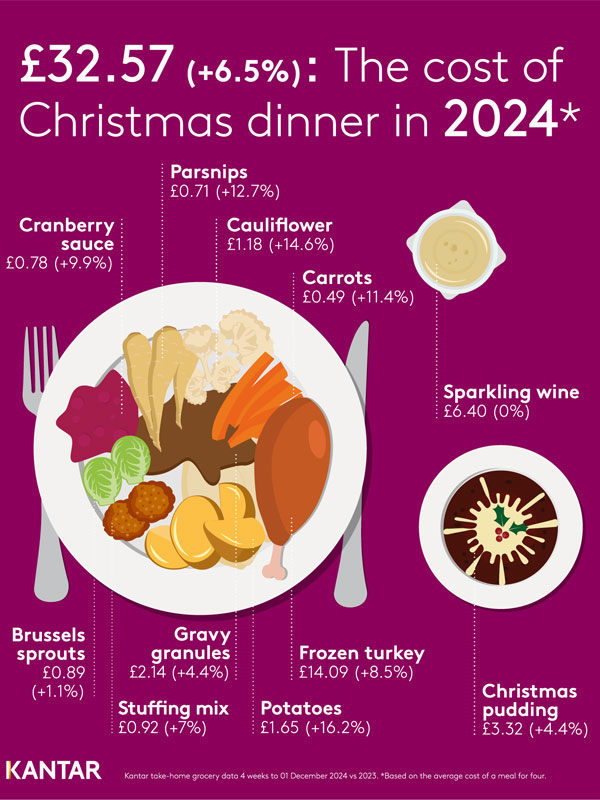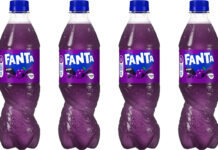Consumer prices steadily creep back upwards

CONSUMER price inflation has risen for the second consecutive month in the final report from the Office for National Statistics (ONS) in 2024.
According to the latest inflationary data, consumer prices index including owner occupiers’ housing costs (CPIH) rose by 3.5% in the 12 months to the end of November 2024, up from 3.2% in the 12 months to October.
Similarly, the consumer price index (CPI) figure had risen by 2.6% in the year to November 2024, which was a 0.3% rise from the number in October.
This rise has, primarily, come from the increase in costs of transport as well as housing and household services, as prices at the pumps saw an increase.
The average price of petrol rose by 0.8 pence per litre between October and November to stand at a cost of 134.8 pence per litre. While many have struggled to swallow this cost in the run up to Christmas, this number is still significantly down from what it was in 2023 when the average stood at 151.0 pence per litre.
Diesel prices rose by 1.4 pence per litre in November 2024, to a total cost of 140.5 pence per litre.
Lumping further costs on households in the run up to Christmas as well, the cost of food and non-alcoholic beverages saw a jump of 0.1% from October 2024 and sat at 2% in the year to November.
And alcohol and tobacco costs saw a considerable jump as well, having risen up to 6.8% in the 12 months to November, when this figure sat at 5.2% in October.
Despite this, consumers don’t seem to be deterred too much and are instead looking to celebrate this festive season.

According to the latest Kantar supermarket share data, take-home sales at the grocers increased by 2.5% over the four weeks to 1 December and are expected to grow to a record-breaking £13billion in overall sales during December for the first time.
This could also be down to an overall increase in the cost of a traditional Christmas dinner this year, as the average meal for four has risen to £32.57, up by 6.5% from last year.
This has been largely driven by a rise in the price of turkey and Christmas vegetable staples such as potatoes, parsnips and cauliflower.
Fraser McKevitt, head of retailer and consumer insight at Kantar, said: “Monday 23 December is likely to be the single busiest day for the supermarkets this year, although there are clear signs that shoppers are already stocking up their cupboards.
“Sales of assorted sweet biscuits and biscuits for cheese both doubled in November compared with the month before, while 8% of us bought a Christmas pudding.
“Many of us take the chance to treat ourselves at this time of year and retailers are rolling out seasonal product lines to help us celebrate in style.
“Shoppers are grabbing the chance to spend that little bit more than usual on Christmas specials, and champagne, wine and spirits saw the biggest levels of buying on a deal.”
Grim times for sales and footfall, says the Scottish Retail Consortium
THE mid month of the Golden Quarter proved to be disappointing, according to the latest Scottish Retail Consortium (SRC) figures on sales and footfall.
Total sales in Scotland decreased by 2.9% in November, compared with a 3.1% rise the previous year. Adjusted for inflation, there was a year-on-year (YoY) decline of 2.3%.
And total food sales only rose by 0.6% versus November 2023, when they had risen by 5.8%.
Meanwhile, Scottish footfall decreased by 6.8% in November YoY, down from +0.8% in October and lower than the UK average drop of 4.5%.
SRC bosses said the later timing of Black Friday this year meant it would be in December’s stats, but was included in 2023’s comparable figures, worsening the YoY decline.
Bitter arctic weather and travel alerts had also been detrimental for footfall and sales, leaving retailers hoping sales had been delayed and not ditched.
SRC director David Lonsdale said: “These results are unnerving and risk scuppering retailers’ hopes of a strong final flourish to an otherwise humdrum year of trading.”
Ewan MacDonald-Russell, deputy head of the SRC, warned: “Bluntly, consumers are likely to see prices increase in the new year due to rising government-mandated cost pressures, while jobs and shops are at risk.”






















